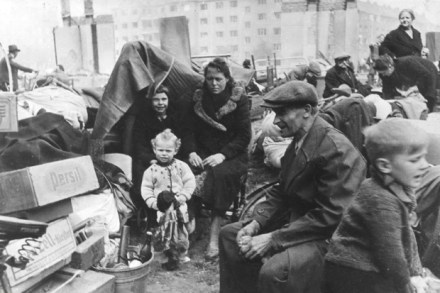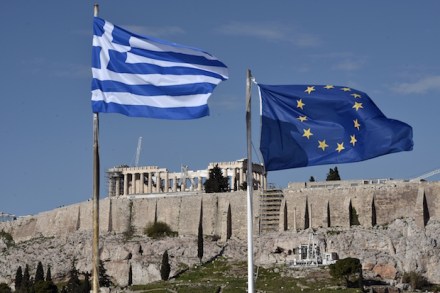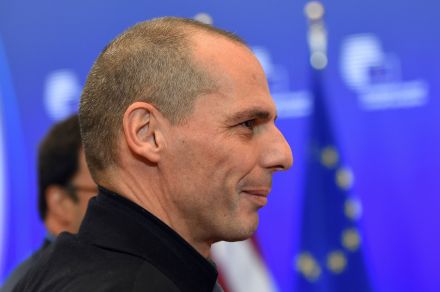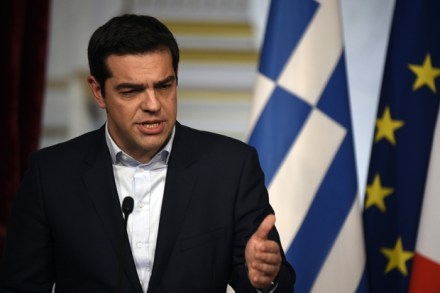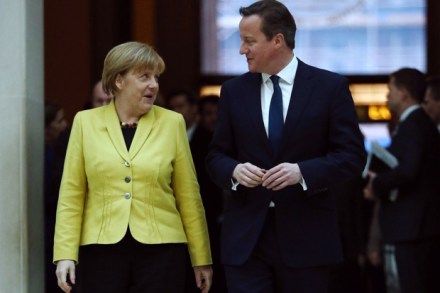Children of Gomorrah
In the early hours of 25 July 1943, nearly 800 RAF Halifaxes and Lancasters launched a 50-minute bombing raid on the Third Reich’s second largest city, Hamburg. The pilots used the neo-Gothic spire of St Nikolai’s church in the city’s historic heart as a landmark and killed 1,500 people. Three nights later, just after midnight, the bombers returned. What was to follow was immeasurably worse. The RAF’s target was the city’s overcrowded working-class districts, Hammerbrook, Hamm and Borgfelde, to which many of those who had lost their homes in the previous bombardment had fled. Unusually warm weather and heavy loads of incendiaries combined to create a hurricane-like firestorm. In the
